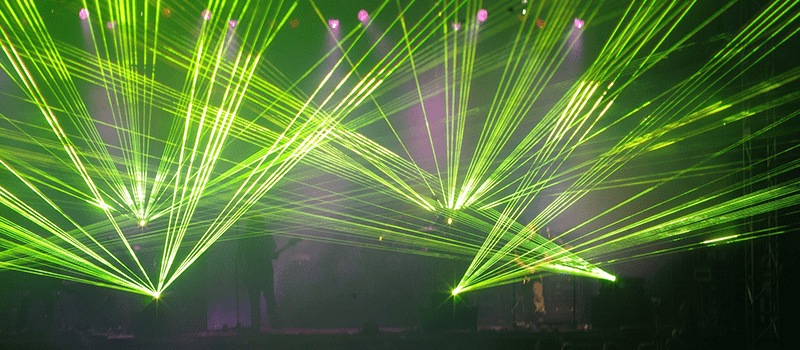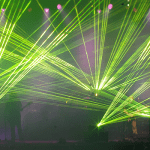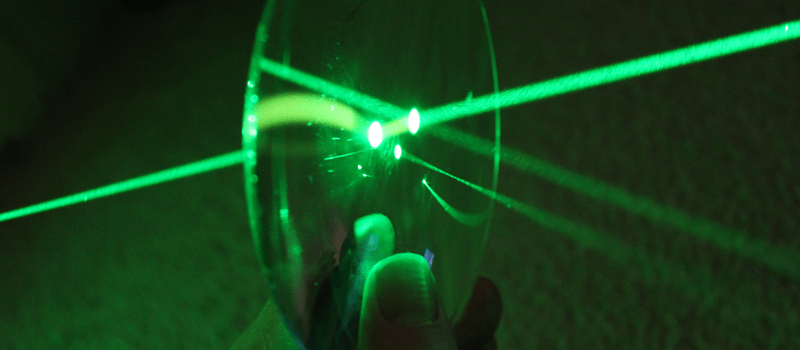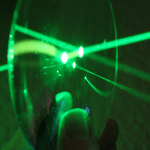The rapid pulse (RP) laser sensor has a few major drawbacks. Among others, it is bulky and expensive. So in laser sensors, the pyroelectric sensor is the first choice. Despite its drawbacks, there are a few cases where a RP sensor is the only solution.
These cases are:
1. Measuring very long pulses >10ms and very large duty cycles such as are typical in many pulsed diode laser applications.
2. Measuring very high average powers greater than 50W with repetitive lasers.
3. Measure the temporal pulse shape as well as the power and energy.
4. Monitoring for a missing pulse.

You might also like to read:
Measuring Short Pulse High Power Lasers
How to use a thermal sensor for a pulsed laser beam
Please feel free to comment and add things you have on your list
Share this:










Leave a Reply
Your email address will not be published. Required fields are marked *